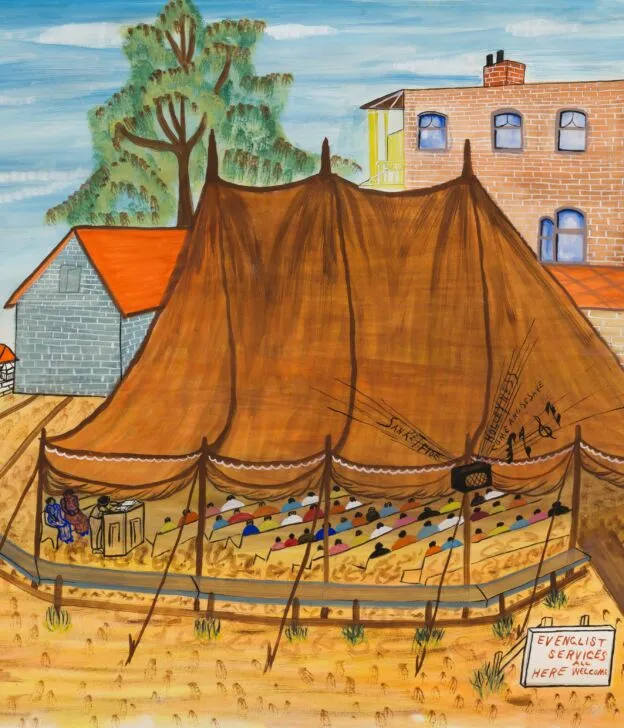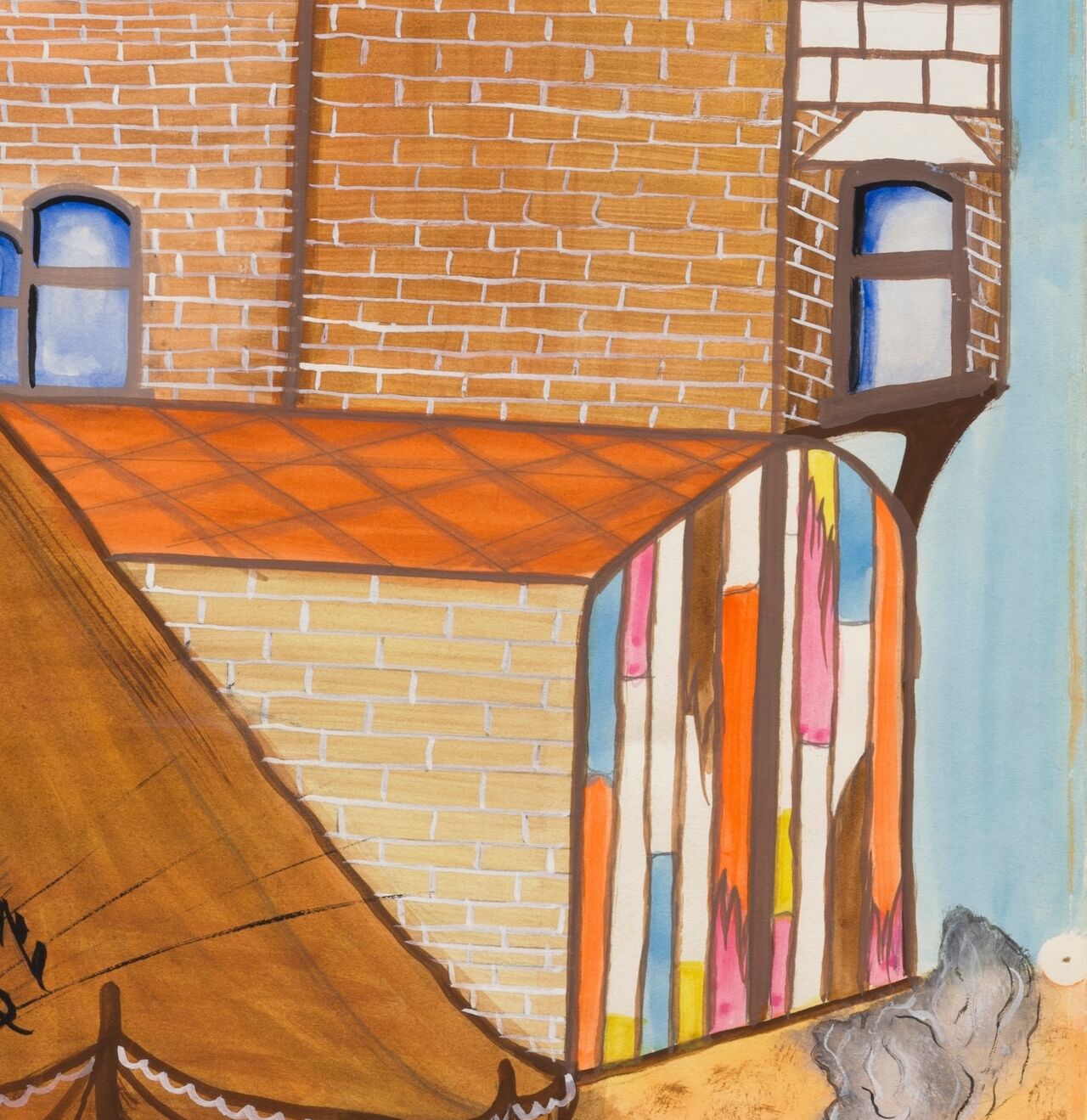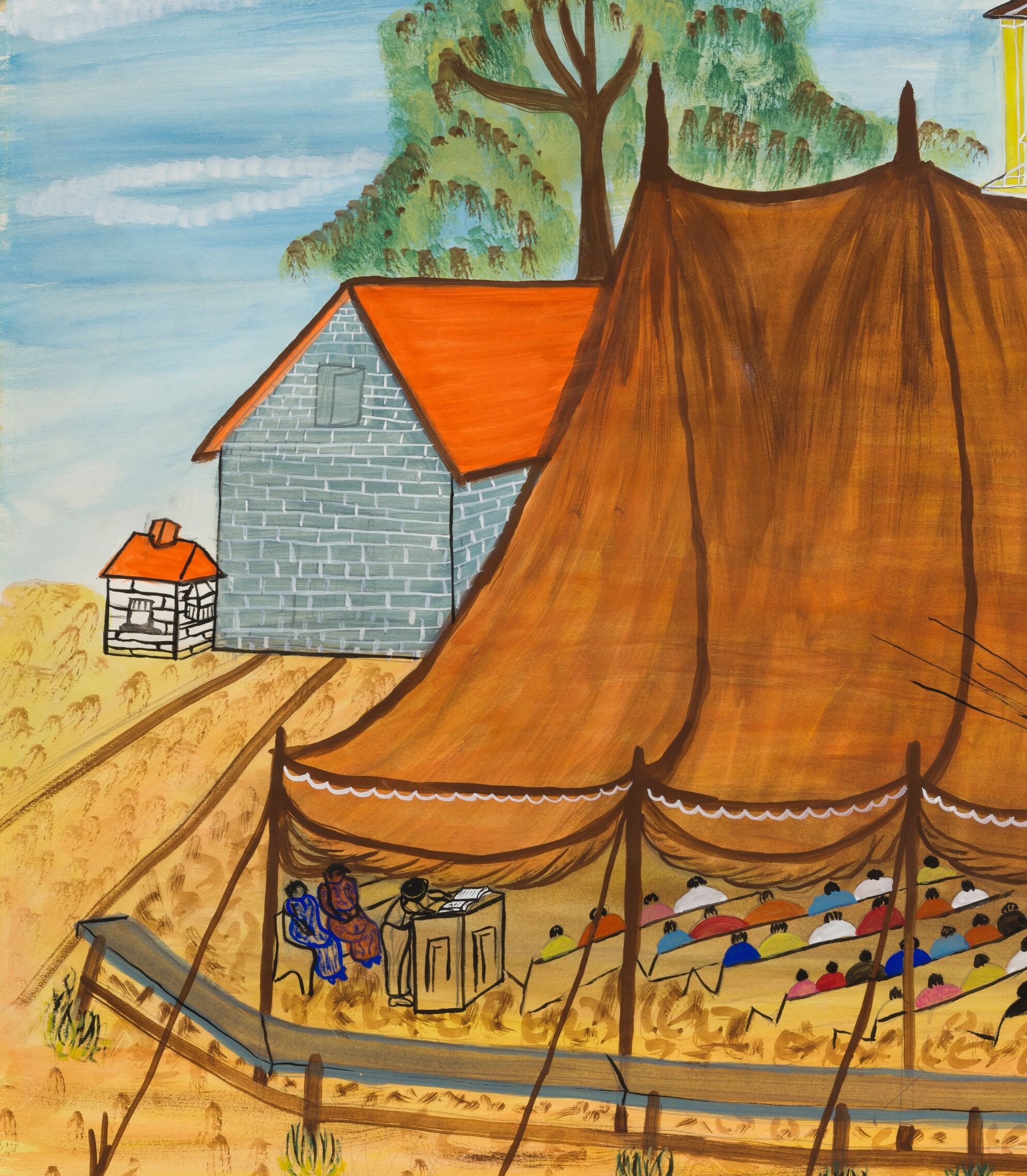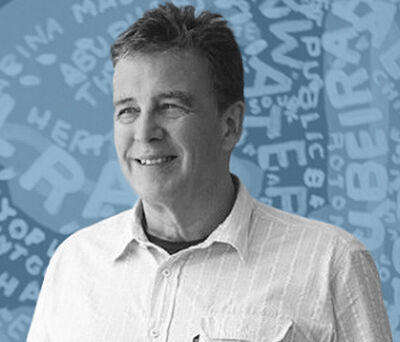
Artisans of the Common Good
A law professor reflects on the blessing of reciprocal education
In his 2017 New Year’s Eve homily, Pope Francis expressed his “great esteem for the parents, teachers, and all educators who…try to form children and young people in civic awareness, in an ethics of responsibility…with a style of civic education practiced in daily life.” With a beautiful turn of phrase, the late pope described people from all walks of life who quietly “strive each day to do their part to make things a little better” as “artisans of the common good.”
Remembering my grades 1–12 teachers, I can only share the pontiff ’s admiration. Although I am an imperfect person, I endeavor as a Franciscan priest and university teacher to serve with the same level of commitment. I do my best to express my love for my students by encouraging them to transcend themselves, and as the pope put it “to feel part of, to take care of, to take an interest in the reality that surrounds them.”
Over the course of more than three decades of teaching law and theology, I have learned to listen to my students with humility, respect, and openness. When I started teaching law at St. John’s University Law School in Queens, New York, the students in my evening classes included inter alia, nurses, police officers, fire fighters, high school teachers, and even a medical doctor. Many of them were married with children, and they worked during the day to support their families while they studied law at night.

The students in my evening classes included nurses, police officers, fire fighters, high school teachers, and even a medical doctor.
As a law professor, I had the legal theory and doctrine down cold, but I gained much knowledge from my students about everyday life. What a blessing it was for me to participate in this reciprocal education. Reflecting the diverse religious, social, and ethnic richness of New York City, the law students taught me a great deal about civic awareness and the common good.
The blessing continued for me while teaching at other religious schools. As in New York, I encountered an embarrassment of riches among the many fine students and faculty colleagues I worked with at Notre Dame Law School who enriched my life. I will always remain grateful to them. No small number of them were religious persons whose convictions about the sacred shaped their commitment to the common good. They understood that religious values can foster the self-transcendence that represents the apex of human dignity. Equally important, they appreciated that human dignity depends on freedom of conscience in matters of belief and unbelief.
Their civic-mindedness helped me to develop my own thoughts about the ways that religion can build up the social fabric, as well as about the paramount importance of religious freedom in American pluralistic society. During this time, I also had the opportunity to be a visiting professor of canon law. In this role at the Pontifical Gregorian University in Rome, I taught graduate students, most of whom were Catholic priests. To a man, they exemplified a spirit of service, and in our seminars, I thoroughly enjoyed the questions we reflected upon about law, religion, and the public square.

As a law professor, I had the legal theory and doctrine down cold, but I gained much knowledge from my students about everyday life.
For the past twelve years, it has been my privilege to serve as a faculty member at a university with an international student body: New York University, Abu Dhabi. As a Franciscan, I knew that the university’s venture in global education was a good fit. The students hail from more than 130 different countries, and many of them come from families of limited financial means. Some of these students have been brought up in countries where liberties such as freedom of speech, religion, and association, as well as goods such as nutrition, housing, health care, and education, cannot be taken for granted.
Frequently, our class discussions contrast individualistic and collectivist understandings of freedom. The discussion tends to move beyond a false dichotomy in which individual freedom and communal values are seen as mutually exclusive. We query: what are the optimal legal, social, and economic conditions that support democratic freedom so that both individual initiative and social solidarity are nourished as essential elements of human flourishing?
After more than thirty years in the classroom, I continue to learn from my students. I believe that their deliberations about human dignity, freedom, self-transcendence, and care for others lie at the heart of civic education. I pray that it prepares them to become artisans of the common good.

About the Author
Fr. John Coughlin is a Global Distinguished Professor of Religious Studies and Law at New York University, Abu Dhabi, who has taught courses in Professional Responsibility, Jurisprudence, Administrative Law, Family Law, Ethics, Canon Law, and Law and Religion.
